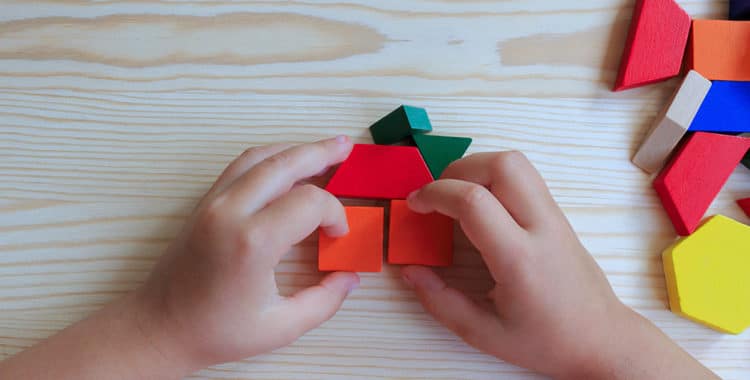How Accurate is a Child’s Memory?
Frequently in child abuse investigations and trials, the primary evidence is that given by the child involved. Sometimes this evidence is the only evidence that the alleged abuse ever occurred.
But is a child’s memory a reliably accurate basis for important questions of guilt or innocence? This is problematic because little research has been done to determine how accurate children’s memory is for their conversations with adults.
While no one ever wants to see a child hurt, it’s also important to ensure the rights of defendants in child abuse cases aren’t ignored because the accuracy of a child’s testimony is left unexamined.
What can children accurately remember from past conversations?
The article “Tell Me Everything You Discussed” by Monica Lawson and Kamala London discusses a recent study where researchers attempted to gain a clearer picture of what children accurately remember from previous conversations with adults.
Researchers paired 90 eight-year-old children with an adult for a one-on-one conversation. Researchers were looking to track what the children later remembered overall about these conversations, their memory of their own statements, their memory of their adult partner’s statements, and their ability to recall question-answer pairs from the conversation.
Researchers then tested children’s memory of these conversations after either a one-week or a three-week delay. Not surprisingly, researchers found that children remembered more about their conversations after a week than after three weeks, but in neither instance did the children remember very much about their conversations: children remembered 7% after one week and 4% after three weeks. Importantly, while most their free-recall statements were correct, an entire third of their statements were not.
This study found that all the participating children could remember their previous one-on-one conversations with adults and recall the general topic of the conversation. Though children in the study were usually able to quote themselves, on average they had significantly more difficulty quoting anything their adult partner said during the conversation. To forensic investigators, this finding is concerning because they often want to know not only the content of the child’s allegation, but how that allegation may have been obtained and what prompts the child received from an adult.
Because not much research of this kind has been done, more studies are needed to more fully understand children’s ability to recollect previous conversations in several different contexts. Additional studies must focus on determining how well children can identify the source of recollected information.
What factors can affect the reliability of a child’s memory?
Both internal and external factors can influence a child’s memory of events.
Externally, a child’s recollection is especially susceptible to the influence of leading questions. The questioner’s word choice can make subtle indications of how the child ought to feel about a particular memory, or introduce a slightly different version of events that the child may then adopt as his or her own going forward.
Internally, children can have trouble distinguishing dreams or imagination from reality (even some adults have this same trouble). While this phenomenon is uncommon, it can nonetheless lead to false memories or to memory errors.
When are errors in a child’s memory more likely to occur?
As you might expect, some circumstances have more possibility to affect a child’s memory than others. Memories are more likely to be unreliable if they are:
- Remote in time
- About small or insignificant details
- About tangential, incidental information
- Founded in misinformation provided by a trusted source (like a parent or other caregiver)
- Bolstered by other false “evidence” supporting the memory
In a child abuse case, it’s fairly easy to imagine a child witness being influenced by any number of these factors. The more of these factors are at play in a particular case, the more scrutiny the child’s testimony should undergo.
If you are facing child abuse charges but have no idea why you’ve been falsely accused, you need an experienced legal team. Your attorneys must be capable of getting to the truth behind a child’s testimony in a way that is both compassionate to the child and protective of your legal rights. Please contact us at 206.826.1400 or solutions@marshalldefense.com. We’d be happy to discuss your case with you.





